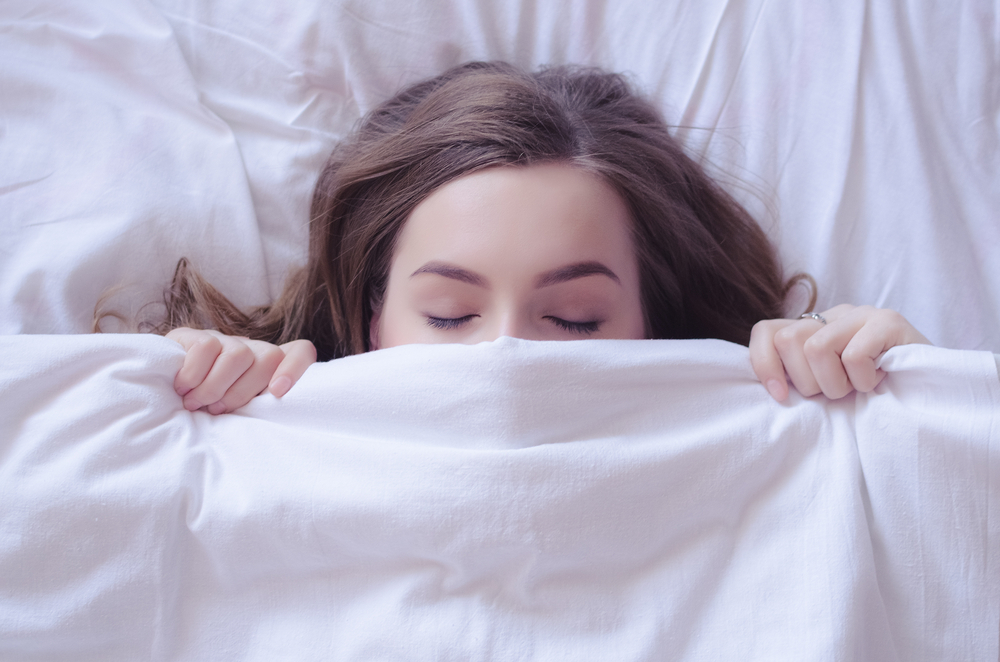WSU Students Design Mattress to Help ALS Patients Sleep Better
Written by |

A student bioengineering team at Washington State University (WSU) has designed a mattress to help amyotrophic lateral sclerosis (ALS) patients and others with sleep or mobility issues rest better.
The students — seniors Katie Lober, Jackson Rieb, and Sarah Schroeder — hope to patent their invention and also use their Zephyr Mattress technology to start a company. The students’ design and business idea recently earned a second-place finish in this year’s Northwest Entrepreneur Competition, a collaborative student startup contest.
Pressure-sensitive oscillating cells in the mattress produce varied surfaces and degrees of firmness. A popular retail brand is said to offer a similar feature but, by comparison, the Zephyr has significantly more cells. (A cell is one of many small openings in the structure of a flexible polyurethane foam mattress.)
The mattress is targeted to individuals with sleep or mobility issues, including those recovering from surgery. It can be used at home and in professional care facilities.
Sleep disturbance is common in ALS patients. Contributing factors include muscle weakness, breathing difficulty, and mood swings. A survey last year found that newly diagnosed ALS patients regularly experience poor sleep quality due to depression and problems turning in bed. Most sleep disorder studies have involved patients with advanced ALS.
Last year, when the students were mulling their senior capstone design projects, they recalled how inspired they were by 1999 WSU graduate and former New Orleans Saints professional football player Steve Gleason, whom they had met in class through a video conference. Diagnosed with ALS in 2011, Gleason is the founder of Team Gleason, a prominent ALS advocacy organization.
Shroeder and Lober are members of the Harold Frank Engineering Entrepreneurship Institute program, which offers courses and hands-on experience to students interested in technological entrepreneurship.
“We had a lot of practice pitching from last year, making slide decks and understanding how to build financials,” Schroeder told WSU Insider, a WSU news and information publication. “All that stuff is not something you necessarily learn in a typical engineering class, but that’s all super important to a business plan competition.”
While novices in technology design, the students have received a lot of positive support. They are particularly gratified by comments they’ve gotten regarding the mattresses’ usefulness.
“Getting feedback like that is really impactful to us and makes us want to keep going on this project because we know that we can help people,” Schroeder said.
The student team may be reached on Instagram @zephyr_mattress, on Twitter @MattressZephyr, or by writing to [email protected].





